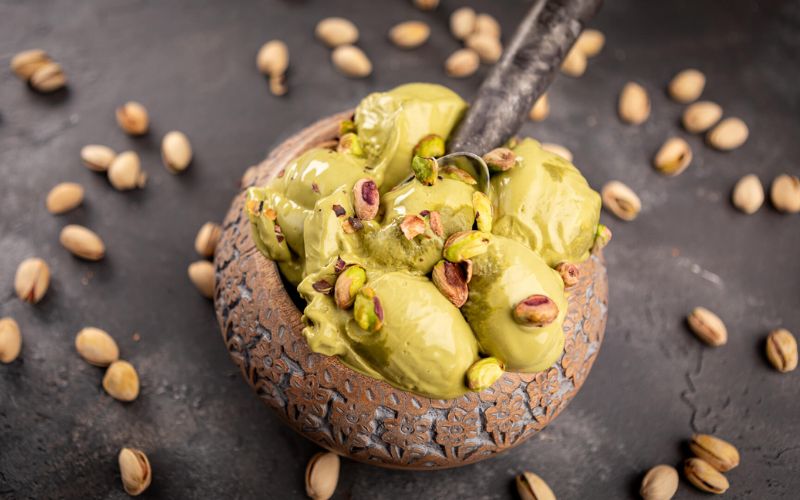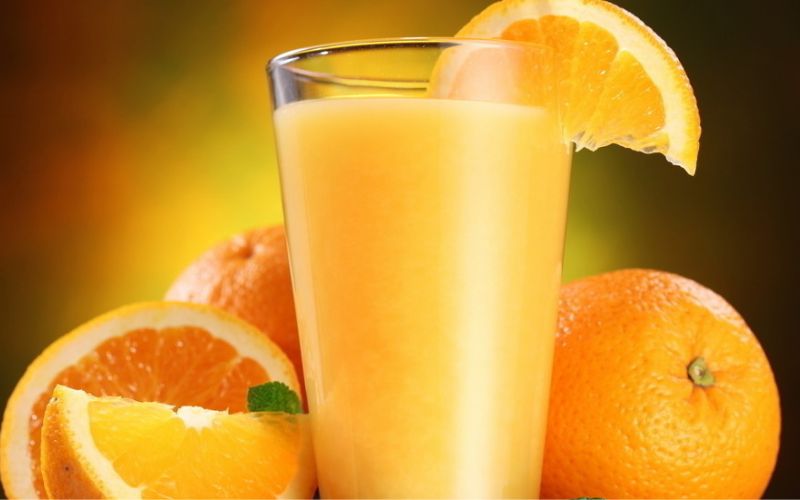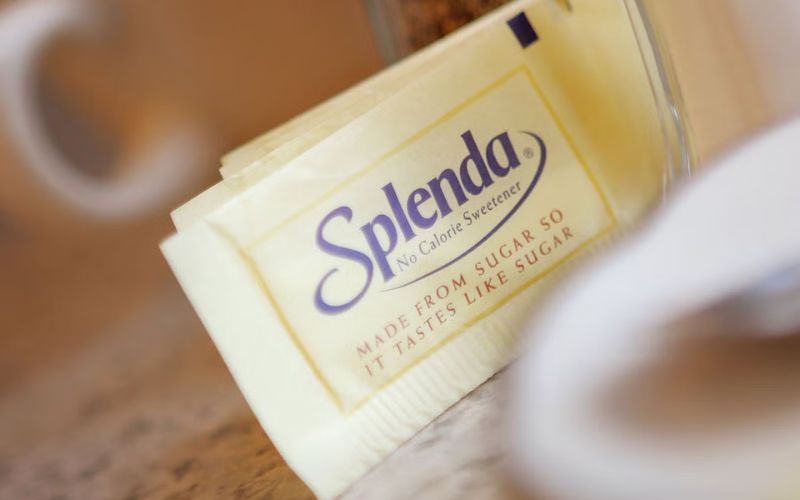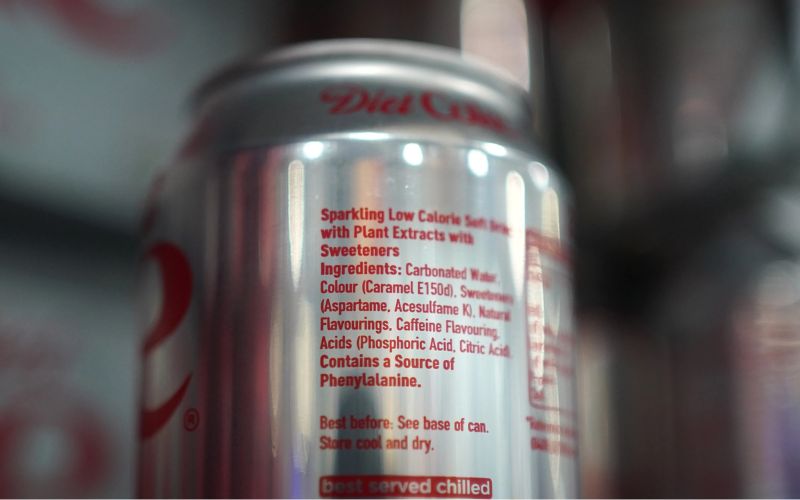is often used to make food more visually appealing, delicious, and longer-lasting. However, today we will share with you 5 types of additives to avoid that can harm your gut health!
1 Polysorbate 80
 Polysorbate 80 has harmful effects on gut health
Polysorbate 80 has harmful effects on gut health
Polysorbate 80 is an emulsifier that helps different liquids blend together and create a homogeneous creamy texture. Therefore, you can find this additive in some common packaged foods such as , , , ,…
However, according to a summary of studies from 1976 – 2005 by EFSA, Polysorbate can cause allergic reactions such as hives, rash, dermatitis, anaphylaxis,… Furthermore, a 2017 study showed that polysorbate 80 alters the balance of gut bacteria and inhibits their growth, which can lead to serious gut imbalances.
2 Carboxymethyl cellulose
 Carboxymethyl cellulose has harmful effects on gut health
Carboxymethyl cellulose has harmful effects on gut health
Carboxymethyl cellulose, also known as cellulose gum or CMC, is a thickening agent commonly used to thicken foods and can be found in some types of , whipped cream, , , , , sauces, and foods containing .
However, unlike polysorbate 80, carboxymethyl cellulose causes immediate gut inflammation by overproducing flagellin – a protein that stimulates the gut, which can lead to discomfort, abdominal pain, and even serious digestive health issues.
3 Sucralose
 Sucralose has harmful effects on gut health
Sucralose has harmful effects on gut health
is a commonly used artificial sweetener and has been suspected of causing health problems. Furthermore, many food manufacturers now limit the use of this additive due to research showing that sucralose can harm DNA and gut health.
Additionally, sucralose can be found in some for dieters, non-sugar products, protein powder, and specially formulated sports drinks. Therefore, to avoid consuming this additive, you can choose foods that contain , stevia, or other healthier sweeteners.
4 Aspartame
 Aspartame has harmful effects on gut health
Aspartame has harmful effects on gut health
Aspartame, also known by the more common name NutraSweet, is an additive that provides sweetness but weakens gut bacteria and impairs sugar processing. Therefore, you should limit the consumption of sodas or diet foods containing aspartame and instead opt for safer and healthier sweeteners.
5 BPA, BPS, and BPF
 BPA, BPS, and BPF have harmful effects on gut health
BPA, BPS, and BPF have harmful effects on gut health
, bisphenol-S (BPS), and bisphenol-F (BPF), while not additives themselves, are commonly found in many food packaging and metal food containers, which can contaminate food and harm gut bacteria, enzyme, and overall gut health.
In addition, another study showed that BPA can disrupt hormone regulation, impair gut bacteria, and increase the risk of obesity and colorectal cancer. Therefore, it is recommended to prioritize foods packaged in glass rather than aluminum or plastic to avoid exposure to these compounds.
These are 5 types of additives you should avoid to prevent gut health issues. We hope that with this article, you can choose safe foods that won’t negatively impact your overall health and the health of your family!
Source: hellobacsi.com
































